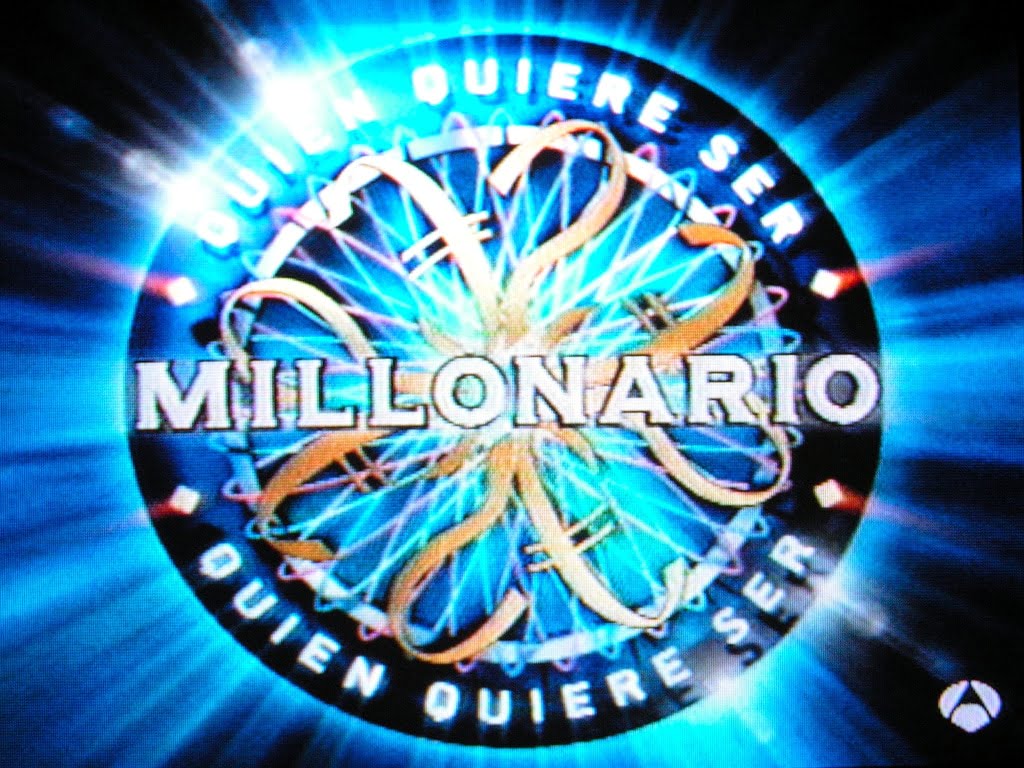There are few words associated with money that are more romantic than “millionaire“. Just the very mention of the word brings to my mind giant villas overlooking a sunny sea.

But I want us to take a closer look at this word and its practical implications for all of us. Because the true nature of being a millionaire is less glamorous and more quotidian than one might think.
Table of Contents
What is a millionaire?
Before we go any further, let’s define our terms. According to Google’s insta-definition results, a millionaire is:
“A person whose assets are worth one million dollars or more.”
(There is an alternate definition according to Wikipedia that means a person with a million “units of currency”, but that seems a bit arbitrary to me, so let’s go with the above.)
This means total assets. If you own a home worth $500,000 filled with stuff worth $100,000, and have a retirement account worth $400,000, then you’re in the club, even if your bank account only has $0.37 cents in it.
That all sounds sweet, right? I’m not there yet, though I’m working on it.
Membership in the club grows
Next, the happy fact is that this is a club whose membership gets progressively easier over time. Much like how gas used to cost $0.25 a gallon and now costs $4, our median incomes have grown over time too (though, as the Pew Research Center notes, not recently). The number $1,000,000 stays fixed, but what that gets you keeps changing.
To put this in perspective, according to the same Wikipedia article, to be a millionaire in 1959 would be the same as having $8 million today, a tremendous difference to be sure.
So it stands to reason that more and more people will become millionaires over the coming years.
Party at my villa?
A less meaningful club
While it looks like more and more people will become millionaires, the downside to this is that being a millionaire means less than ever these days.
Take that sunny villa. I don’t mean to alarm you, but it’s going to take a bit more than $1 million to be able to afford anything approaching that hulking beachside mass. The New York Times routinely runs a real estate column titled “What you get for [some monetary value]“. I just pulled up the list and couldn’t help but notice that six of the ten most recent articles concern property values greater than $1 million, and none were below $500,000.

When I was living in Brooklyn, I watched as a new apartment building rose over the long-vacant lot across the street from me (gradually erasing my unexpected living-room view of the Empire State Building). One bedroom condos in that tall-but-modest building were going for $650,000. And this was ten years ago. Who knows what those are going for now?
Now I recognize there’s a sample bias here in talking about New York City. If you live in Montgomery, Alabama (to pick a random city), your million is going to go a lot farther. But because of geographical wage variances, you may also be less likely to have a million dollars, so that needs to be taken into account.
A new club
The idea of being a millionaire is increasingly becoming meaningless, so I think it might be time for us to retire the phrase. Maybe we should be concerned not with attaining entrance into the club, but finding a way we can live that contains the same level of satisfaction. And maybe just save up and rent that villa from time to time. For one thing, we’d certainly appreciate it more.
After all, while it’s nice that this club increasingly open to more people like us, I think it’s safe to say that it isn’t the lavish ideal that it might have been in, say, 1959.
Or 1967. Just ask someone for whom this became painfully evident:
[youtube]https://www.youtube.com/watch?v=cKKHSAE1gIs[/youtube]


